Is Personal Branding Important?
Regardless of whether you’re aware of it or not, you have a personal brand.
After Googling yourself, what information appears?
If your name, business, or brand pops up in a conversation, what would you want people to say about it? Is the information that you share consistent through all your social media platforms?
Google has become the de facto search engine and identity portal for a majority of the world. Whether you have a date or an interview, someone is probably looking you up on Google.
How much say do you want to have in the way your online reputation evolves?
Personal branding is the answer to all these questions. It helps you share your unique story with the world and showcase your skills, expertise, and personality in an impactful way.
This article will cover what personal branding is and how it is different from a personal brand, dive into the key elements of creating an effective personal brand, tips and tricks of maintaining your brand online and conclude with a few examples of powerful personal brands.
According to a survey by Statista, 85% of recruiters and HR professionals say that an employee’s online reputation influences their hiring decisions, at least to some extent.
The Rise of the Influencer

The best example of the growing value of the personal brand is the rise of influencers on social media platforms.
Today, influencers wield just as much marketing clout as celebrities.
The clan of Indian influencers is expanding, and so is their audience. We pay closer attention to what these social media gurus have to say, and we often copy their behavior. Whether following a home cooking channel on YouTube for recipes to create culinary delights, watching tech review videos before purchasing your next phone by your favorite gadget gurus, or planning your vacation inspired by travel enthusiasts who post pictures of glorious sunsets and sun-kissed beaches on their Instagram, they hold sway over our choices because we relate to them.
Most influencers who rose to fame come from humble beginnings and all walks of life. An excellent example of this is our own ‘Village Cooking Channel’ from Tamil Nadu, a cooking show on YouTube. The channel is run by five cousins in a small village and has gained international popularity with its easy-to-follow, authentic, south Indian recipes. They have been in the news recently as they have earned the prestigious Diamond Play Button by YouTube as their channel had crossed one crore subscribers.
Personal Brand Vs. Personal Branding
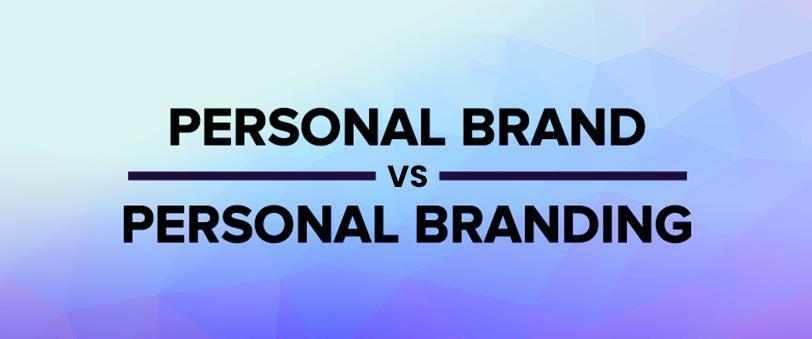
A comprehensive definition of both terms was given by Michael R. Hunter, founder of PersonalBrand.com. According to him:
A personal brand is a broadly known and widely agreed-upon image of an individual that’s built on their background, abilities, activities, and accomplishments in a community, industry, or marketplace.
Personal branding is described as the conscious effort to influence public perception by an individual by positioning themselves as a leader in their industry, highlighting their authenticity and credibility, and distinguishing themselves from the competition, to ultimately advance their career, increase their circle of influence, and have a larger impact.
Even though the idea of a personal brand has been talked about for hundreds of years, the term personal brand became widespread only in the late 1990s. The underlying concept of a personal brand has changed little throughout time, but the technology that makes personal branding possible has developed considerably.
A key difference between the two is this. While a personal brand reflects what society says about you, personal branding is what you have to say about yourself, your values, and your goals.
How to Create Your Personal Brand?
1. Have clear goals and objectives

Be clear about what you want to achieve in your branding exercise.
For example, if you want to attract lucrative employment opportunities, make sure you highlight your skills and certifications on relevant social media platforms like LinkedIn. If you’re trying to promote yourself as an expert in a particular field, why not start a blog about it? Here is a list of questions to help you get started on creating your brand
- What are my core values and beliefs?
- What skills can I offer?
- What is my niche?
- Who is my target audience or ideal customer?
- What makes me different from the competition?
- What problem can I solve?
- What message do I want to convey through my brand?
2. Craft a content marketing strategy:

Depending on your goals, formulate a content strategy with a specific budget and a timeline to get it done. For example, if you want more people to visit your website, create blogs that highlight your domain expertise and add a strong CTA (call to action) that will route your audience to your website. Once you have a plan, follow it and post content regularly to enable better engagement with your target audience.
3. A strong bio profile
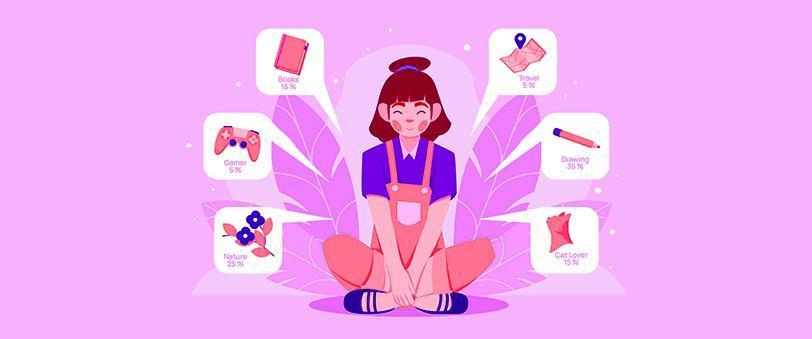
A professional bio summarizes what people get to read on your social media handles.
A good bio will quickly give the reader all the relevant information about your career, education, and accomplishments. Consider adding a line about your personal life and hobbies. Make it interesting and easy to read.
Once you are happy with your statement, you could post it on all relevant sites. Pay attention to word count as some sites like Instagram allow only 150 characters of bio space.
4. Be consistent with your theme:
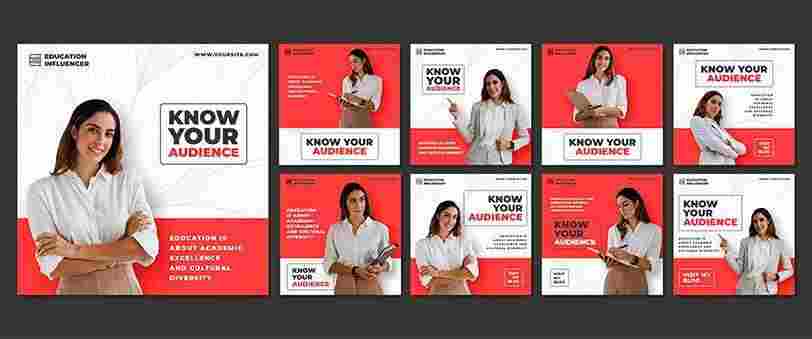
Your personal brand is likely to be remembered if you have a consistent theme with the same color choices, a catchy tagline on all platforms, writing which shares your unique tone and style, and maybe even a logo. In addition, having a standard theme makes it easier for your audience to identify you.
5. Always provide value:

The best personal brands offer valuable information or solutions to problems in a particular domain that align with the individual’s visions and goals. Remember to create high-quality content that offers unique insights and well-researched information that would be useful or of interest to your audience.
6. Highlight your strengths:

Let’s face it.
There are a lot of people who are very talented but are unrecognized because of poor personal branding. To showcase your abilities, choose an appropriate social media channel and go for it!
For example, if writing is your forte, try writing articles on Medium or answering questions on Quora. If fashion is your thing, post videos on Facebook or try posting pictures on Instagram and Pinterest.
7. Maintain a solid social media presence:
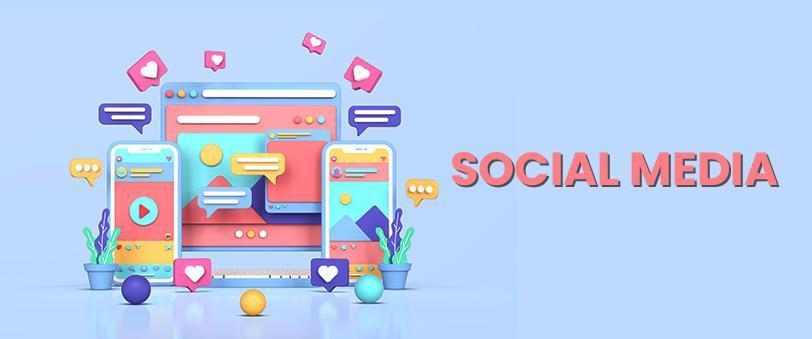
As stated earlier, social media platforms greatly help to exhibit your skills. When you have a robust online presence, you are twice as likely to gain traction from the key players and enhance your personal brand.
For example, on LinkedIn, make sure your profile is at the “All Star” level, on Twitter, make use of Twitter chats, and on Facebook, capitalize on Facebook Live events.
8. Be responsive on all social media platforms:
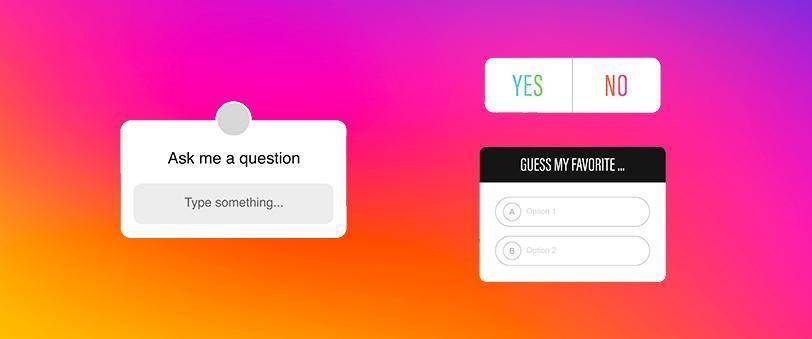
Try to engage with your audience as much as possible. Create posts that enable discussions, ask for comments and questions, add quizzes and opinion polls and even throw in a contest or two. This will help you reach a broader audience and personalize your connections.
9. Join niche /exclusive groups:

On most social media platforms, various groups cater to a particular topic/ industry/ profession.
Be an active member of these groups, which will help you expand your network, keep up with changes and emerging trends, and ultimately create new growth opportunities.
10. Get Recommendations and Endorsements:

Securing recommendations and testimonials from customers, colleagues, clients, or businesses can help legitimize your claims of expertise and excellence and strengthen your personal brand.
5 Useful Personal Branding Tips
Now that you have created your personal brand, you must invest the time in promoting it.
The digital space is where you put yourself on display, advertise yourself, and establish your personal and professional brands.
It’s also an opportunity to rapidly create your personal brand, thanks to the interconnectedness of the numerous social media outlets available. If you play your cards well, you have the opportunity to engage in a variety of ways that resonate with your target audience.
Here are some tips on optimizing your personal branding activities.
1. Ask others for inputs:

This may sound strange, but asking others to help you figure out your strengths can give you great insights and a more well-rounded perspective. For example, you may have overlooked a potential skill or niche where you could add value.
2. Pick your niche and stick to it:

Trying to focus on too many things can dilute the effectiveness of your personal brand. Take the time to dig deep and find out what you are passionate about. Go for one theme/one domain and stick to it. When you look at your social persona and your messaging content, you should identify your core focus area in under a minute. If this is not the case, it’s time to relook at your niche’s messaging and storytelling!
3. Focus on Your Audience:

A vital fact to remember while doing personal branding is focusing on the needs of your audience. All your content should be customer-centric with a clear goal to add value to their lives.
People will connect only to those who care about their needs and concerns.
4. Keep it real:
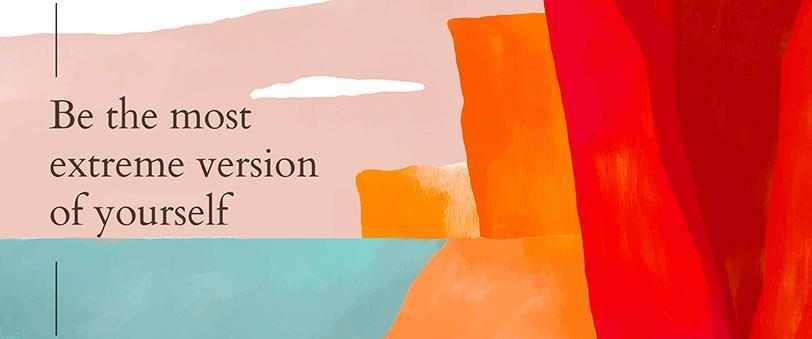
The most crucial aspect of a personal brand is being authentic, online and offline. We live in an age where all that we do is scrutinized and reported.
Try to make your personal brand a true reflection of yourself, your belief system, and your values.
5. Repurpose content:

To be seen and stay relevant, you need to post content frequently on various channels in several forms.
This is called content hustling.
The secret is to create one good piece of content on a niche topic and share it across your different platforms.
Examples of Personal Brands and What You Can Learn From Them
There are many examples of people who evolved their personal brand to great heights. I will mention a few here.
Malala Yousafzai:
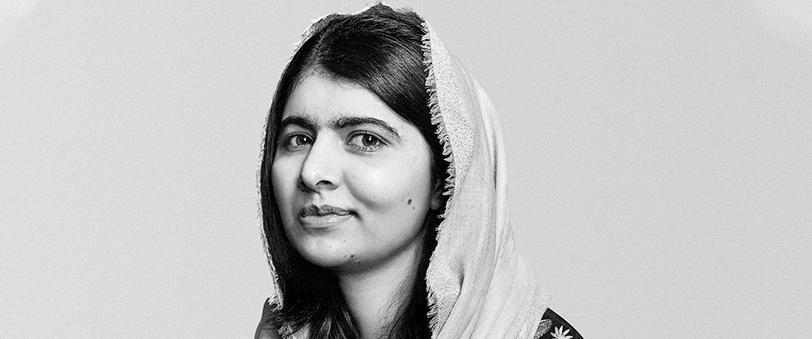
She is a human-rights activist and the youngest Nobel Prize laureate.
She took to blogging to express her thoughts and experiences and spread the importance of education in her own country and around the world.
Her personal brand is about being honest, inspiring, and connecting with people with powerful storytelling.
Richard Branson:
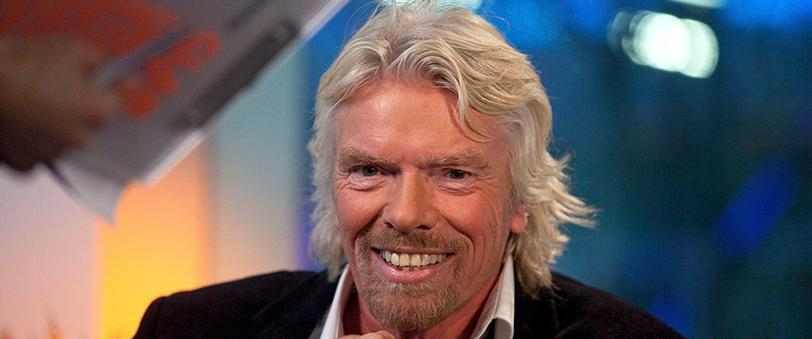
He is the founder of Virgin Group, best-selling author, investor, and philanthropist.
His personal brand is being a risk-taker, an optimist, and a go-getter.
Branson made one of the most audacious financial moves of all time by acquiring an airline under the Virgin brand, which is founded in music. There was considerable opposition during this transaction, but Branson persisted, and Virgin Atlantic became a major success.
A large part of his success was due to his ability to motivate his staff through his vivacious demeanor.
Malini Agarwal:

Malini Agarwal, a.k.a. MissMalini, is a digital influence, entrepreneur, and best-selling author.
She launched her titular lifestyle blog MissMalini.com 12 years ago, during the dawn of internet media. Malini’s writing focuses on the power of social media and how it can be used to establish an online presence, scale a business, or to connect with like-minded individuals in private groups like her Malini Tribe Group.
Her personal brand reflects her integrity, boldness, and courage to challenge the status quo.
Neil Patel:
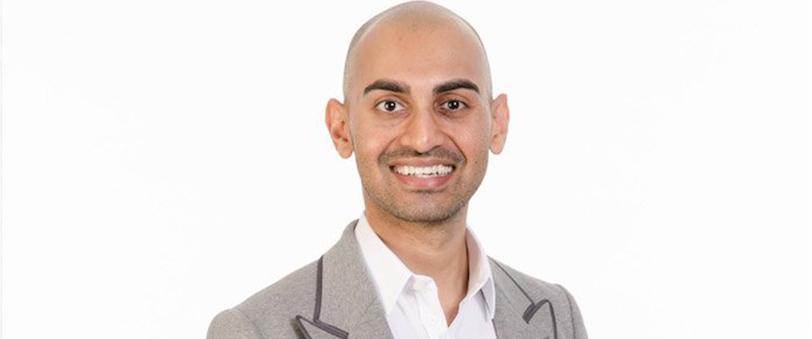
This marketing genius is the co-founder of Crazy Egg, Hello Bar, and KISSmetrics and is hailed as the number one SEO expert globally.
He helps fortune 500 companies like Amazon, NBC, and HP continuously grow their revenue and profits through content marketing. His personal brand is about being authentic, consistent, and providing insightful information on digital marketing.
In Review
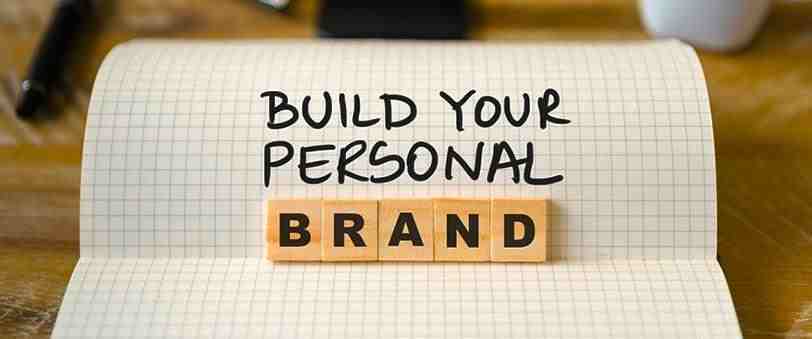
Developing a personal brand is a never-ending process.
First, it’s about steadily growing your network through authenticity. Second, it’s about utilizing all the minor details (for example, branded links) and branding them in such a manner that they elevate your personal brand.
One of the most effective tactics for continuously improving your personal brand is learning from professionals and incorporating their strategies into your plan. The more effectively you establish your personal brand, the more credibility you will have in your business, and the more probable that your name will become synonymous with success.
